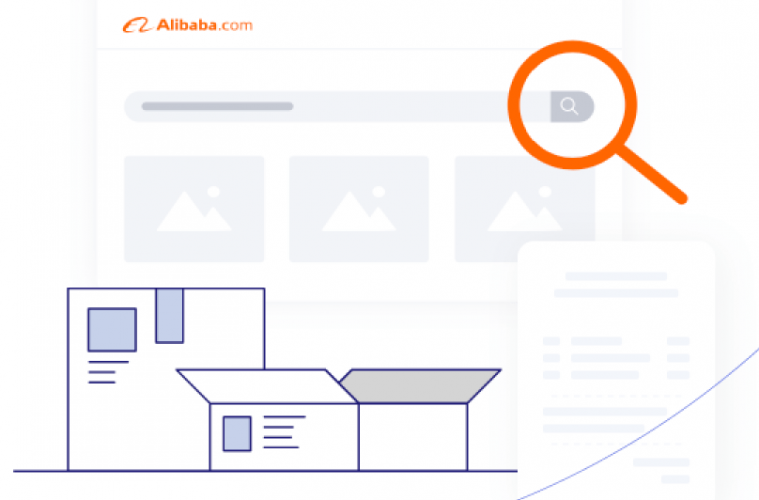Economic globalisation, the removal of cross-border trade barriers and advances in transportation, mean it has never been easier to find a manufacturing or wholesaling partner halfway around the world.
China has experienced exponential growth over the past few decades, breaking the barriers of a closed economy to evolve into a manufacturing, exporting, and consumer hub of the world. Doing business with this large and complex market has become critical to many companies buying and selling internationally.
For decades vast trade fairs such as the renowned Canton Fair were Chinese exporters’ main link to foreign buyers. UK buyers could touch and feel the products on offer to gauge quality, gain direct contacts to the suppliers/manufacturers in their industry, and start to build a relationship.
This traditional way of doing business, however, faces growing competition from companies such as the Alibaba Group, which not only connect buyers and exporters 24/7 online, but also provide new avenues to support the development of trust and peace of mind.
The outbreak of the COVID-19 pandemic and subsequent travel restrictions as well as trade fair cancelations (such as the Canton Fair which was cancelled for the first time in 63 years), resulted in an accelerated shift towards digital and remote engagement.
According to recent findings from McKinsey1, 70%~80% of B2B buyers now prefer remote human interactions and digital service, because of the ease of online scheduling, savings on travel expenses, and safety concerns. The research also shows that 70% of B2B buyers are now open to place high-ticket orders that exceed $50,000 online through end-to-end digital self-serve.
In this article, we look at how you can use Alibaba to find a new supplier for your product in an efficient and secure manner, whether you are purchasing from Alibaba for the first time, or are an established and experienced importer.
Disclaimer: Before making any purchases from Alibaba.com, be sure you read the most up-to-date information and safeguards to protect your purchase.
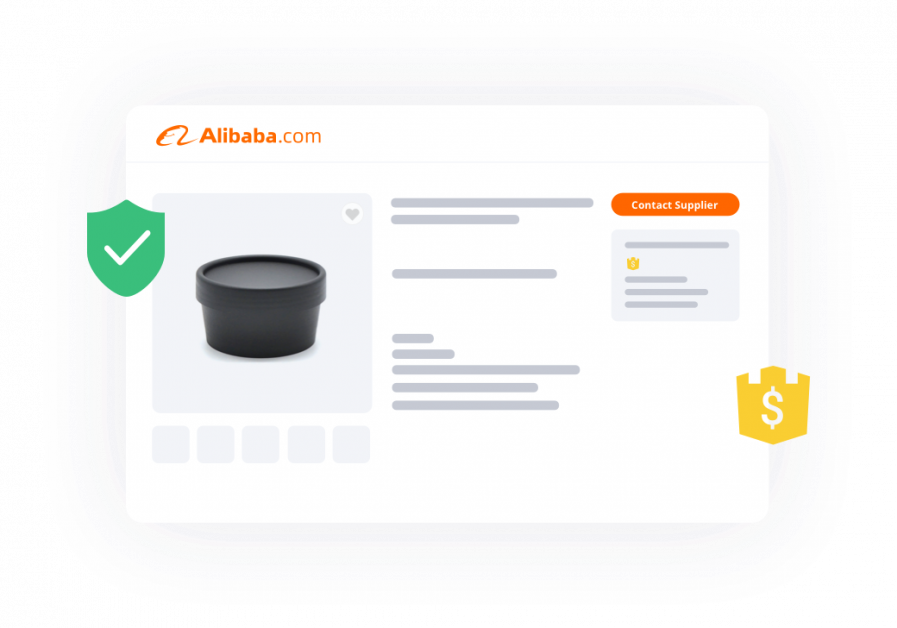
What is Alibaba?
If you have decided to source your products from abroad online, Alibaba is likely to be your first stop. Since its launch in 1999, Alibaba has become the leading platform for global wholesale trade, and one of the largest ecommerce companies in the world, earning $78.6 billion in revenue in 20202 . It is also the most comprehensive business directory, connecting millions of buyers and sellers from all over the world.
It’s not just China based sellers either. Quality wholesalers from all over the world now use alibaba.com to sell their products. If you are interested in finding out how you can sell YOUR products on Alibaba, click here for more information.
As one of the world’s largest global B2B marketplaces, alibaba.com has 150+ million registered members, 26 million active buyers , more than 150,000 sellers, and receives in excess of 340K product inquiries daily3 . There’s not much you won’t find in its directory.
You can also use Trade Assurance, a free transactional protection service, to secure your purchases made via the alibaba.com payment portal.
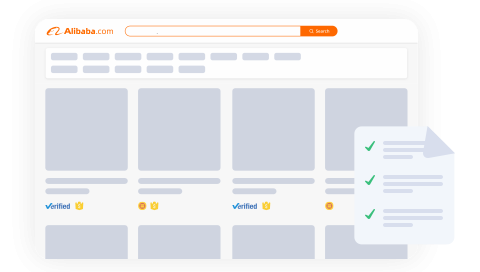
Things to consider when choosing a supplier
Review the company profile
You can assess sellers by looking at the information in their profiles. The information is both verified and unverified by Alibaba, whose verification program includes several levels of authentication. Badges on a seller’s profile help you know what steps they have taken to prove they are a trusted partner.
- Gold supplier: alibaba.com members that have been verified as businesses with commercial or industrial capabilities.
- Verified seller: a gold supplier whose company profile, management, production capabilities, product, and process have been assessed, certified, and/or inspected by third-party institutions.
- Trade assurance supplier: gold suppliers who accept payment through alibaba.com, enabling Alibaba payment and order protection.
If you are making a large purchase, it would also be worthwhile considering an independent third-party service located in Asia that will visit factories on your behalf to verify the supplier and product quality. When dealing with a new supplier for a large order, a few hundred dollars extra for added piece of mind may be well worth it.

Dig deeper by sending a message
Unlike other platforms, you can speak directly to sellers on Alibaba to customise your order, negotiate prices or learn more about their business.
Once you have created a short list of sellers, it’s time to reach out. Be sure to ask a lot of questions about their company and goods. Request whatever will make you feel more at ease doing business with someone halfway around the world, for example:
- Ask for a copy of their business license
- Ask for a phone number—and actually call it
- Have a Skype meeting with your contact
- Ask for photos of the factory and sample products
Ways to connect with sellers
- Write a detailed message. Start an inquiry by clicking “Contact Seller” on the product detail page.
- Keep track of conversations. Find all your messages within “My Alibaba” in the Message Center.
- Use the mobile app. Simplify communication with real-time translation and video chat features.
- Attend online trade shows. Save time and money by attending category-specific digital events to network and assess industry trends.
- Download WeChat. Talk with potential suppliers in real-time and get a better sense of what the working relationship will be like. However, it is important to note that once you decide on a supplier you should keep 100% of your communication within the Message Center – otherwise your Trade Assurance protection may not be upheld.
Communication tips
|
Attend an online trade show
Social distancing doesn’t mean businesses need to compromise on building connections with sellers, or sharing knowledge and insights. Virtual trade shows can be accessed via the top menu bar on alibaba.com.
Online Trade Shows provide real-time interactive, curated experiences designed to help buyers and sellers meet online. Participating sellers present their capabilities and products to interested buyers live streaming from around the country.
Buyers can also attend pre-scheduled 1:1 meetings with sellers to continue the conversation.
Get samples
It should go without saying that you should get samples to review and verify consistency and quality before investing any substantial amount of money in inventory. Some buyers even contact a particular supplier using a different name and contacts details to source additional samples for comparison.
Early on in the negotiating process, you’ll want to inquire about sample prices. Some suppliers can charge full retail prices for them if they receive a lot of sample requests, while others may sell samples at a reduced rate or even provide samples for free if they believe you are a serious buyer.

Check for Trade Assurance
Trade Assurance is the safest way to buy products on Alibaba. In the event that either product quality or ship date varies from what you and the supplier agreed to in the Trade Assurance online order, Alibaba will offer you assistance in reaching a satisfactory outcome, including getting your money back.
Look for the Trade Assurance icon on product listing pages or ask your seller if it is offered. Adhere to all Trade Assurance rules to make sure your protection is valid, including messaging within the Message Centre instead of third-party apps.
This is not to say that working with suppliers outside of the Trade Assurance programme is bad, it just means you will have to do more research.
Find out more about Trade Assurance in our FREE guide.
Production monitoring and inspection
If you have opted for a Trade Assurance order, you can also add additional services such as production monitoring and inspection, where a local team will visit the seller’s location to ensure everything runs smoothly. This can help you:
- Keep up-to-date on production
- Reduce risk of order delays
- View product details before shipment
- Check for product conformity
- Reduce risk of quality issues
Be prepared to walk away
Finally, if something seems too good to be true, it usually is. Be wary of prices or promises that are way off from other suppliers you have contacted. Also be wary if the supplier tries aggressively to move the negotiations away from the Alibaba platform, and hence away from buyer protections such as Trade Assurance. Always be willing to walk away from a deal if something does not feel right.
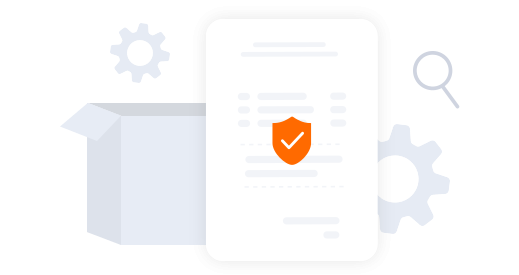
Pros and cons of purchasing from China
The most common reason businesses order products from suppliers in China is the low manufacturing costs. Costs of manufacturing in Asia can be significantly lower than in the UK and other parts of the world.
However, price is not the only reason you may be considering a supplier in China. There are other benefits as well:
- Suppliers may be much more open to working with smaller businesses and providing smaller quantities
- There are a high number of suppliers to choose from
- Asia might be the only place that produces the item you are looking for
- Incredible efficiency. Factories in China are sought around the world for their incredible efficiency and speed
- You do not have to focus on simply domestic markets. You can distribute and sell your products simultaneously to people around the world
- One-stop services like Alibaba have made it incredibly easy to find, navigate and purchase from suppliers
Sourcing from overseas suppliers can have some disadvantages that businesses should be aware of including:
- Perceived lower quality from customers, and potentially lower manufacturing and labour standards
- Limited intellectual property protection (however Alibaba prides itself as a global leader when it comes to IP protection4)
- Language and communication barriers and cultural differences in business practices
- Additional costs to verify and visit the manufacturer
- Longer shipping time
- Product importing and customs clearance
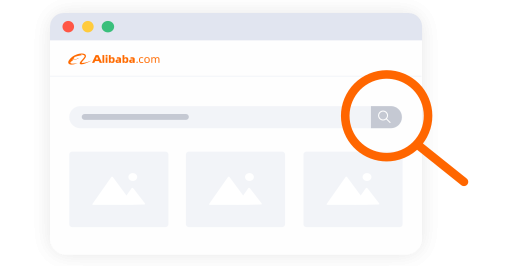
Cheapest and safest ways to pay on Alibaba
Once you have negotiated the price and minimum order quantity, you will want to figure out the best way to pay the supplier. There are many different payment methods, each with advantages and disadvantages for both the buyer and the seller.
The common methods to pay on Alibaba are PayPal, wire transfer (T/T) or by debit/credit card.
PayPal
- Can’t be used in conjunction with Trade Assurance
- Limit $12,000
PayPal is a popular payment method for buyers, as it offers ease of use and affords some limited payment protection with the ability to open a dispute if there is a problem.
Debit/credit cards
- Available when paying supplier direct, or via Trade Assurance
- Limit $12,000
Alibaba secure payment allows payments via credit and debit cards issued by Visa, MasterCard, American Express and others.
This is a popular payment method for buyers as it offers ease of use and does not require setting up additional payment methods or services. However, keep in mind that there is a maximum transaction amount for orders paid via credit card. In addition, credit card companies charge a higher transaction fee and less desirable exchange rate compared to T/T payments.
Wire transfer – T/T
- Available when paying a supplier directly, or via Trade Assurance
- Make payments without worrying about restrictions for large orders
Depending on your international payment provider, this can be the cheapest option. If used in conjunction with Trade Assurance wire transfers can give buyers the best of both worlds, offering security and peace of mind, as well as cost effectiveness.
How to pay using WorldFirst International Wire TransferStep 1: Access the Alibaba payment platform through:
Step 2: Select “Wire transfer”, then select “International wire transfer”. Verify your payment amount information and select “View account information”. Step 3: Download or print the international wire transfer account information page. This has the important information you will need to set up a payment beneficiary. Step 4: Complete the wire transfer via the WorldFirst online portal or over the phone with one of our dedicated relationship managers who have extensive experience to support with your China payments. Make sure to include your alibaba.com order ID in the remarks. |
| Pay your China based suppliers as easily as if they were around the corner. | |
|---|---|
| Find out more – and start saving! |
Requesting a quote
Requesting a quote (often referred to as an RFQ or request for quote) is a relatively simple process. However, there are few key things you will want clear early on.
-
- Minimum order quantities (MOQs): even if a listing specifies the minimum order quantity, you can double-check to ensure accuracy. If the MOQs are significantly higher than what you feel you can afford, you can ask if they are willing to lower their minimums. With overseas manufacturers, the minimum order quantity is often negotiable.
- Production pricing: how much do your goods cost per unit? This is one of the most important questions to ask. Many suppliers on Alibaba will offer you a price range, but you will want to know exactly how much each unit will cost you.
- Production time: knowing how long it would take to deliver your order is crucial.
- Payment terms: as you develop a relationship with a new supplier, they may require payment for the whole order in advance.
Negotiating
Once you have begun connecting with several suppliers and have a good idea of their prices, MOQs, and payment terms, you can begin negotiations. Remember, a good negotiation leaves both parties happy with the outcome, so push for a good deal, but not too hard.
Hot tip – save even more money by paying in CNH with WorldFirstDid you know it’s now easy to pay your Chinese suppliers in Chinese Renminbi (RMB)? What’s more, you could make significant savings by paying in CNH compared to first exchanging in another currency like USD. Making payments directly in Renminbi is quick and convenient, especially through WorldFirst’s secure and simple online platform. Opening yourself up to the opportunities offered with Renminbi payment options can give you more flexibility and negotiating power with suppliers:
If you’re interested in understanding the CNH solution offered by WorldFirst, our team of experienced relationship managers are on hand to provide you with the information you need. To find out more: |
You will want to consider all of your options once you’ve narrowed it down to a few suppliers. Keep in mind that you’ll want to think about more than just price, MOQ, and payment. Be sure to consider how well and quickly each supplier responds. As communication with your supplier becomes more important in the future, you will want to make sure you get started on the right foot.
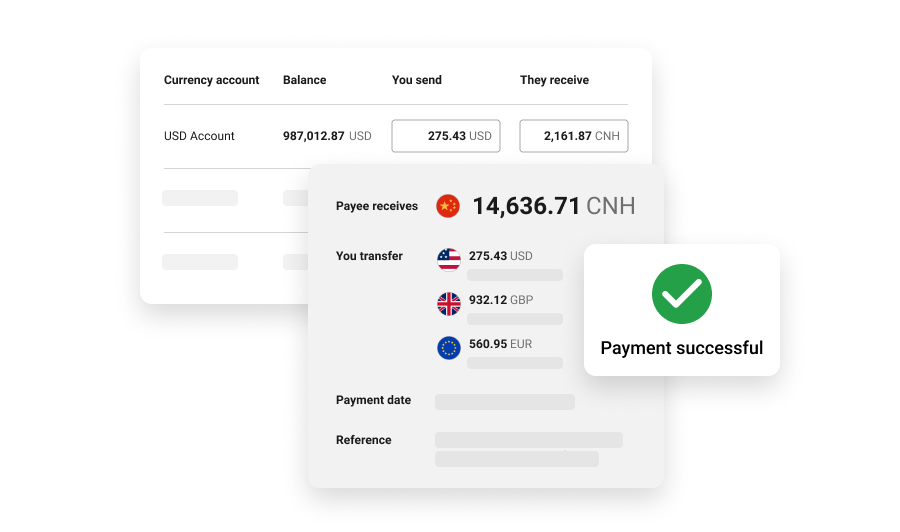
Support from Alibaba and China payments experts
WorldFirst has more than a decade of experience helping businesses pay into China, and in-depth knowledge of the Alibaba platform.
Use WorldFirst to help you finalise your Alibaba purchases and benefit from:
-
- Flexibility to pay Chinese suppliers online in CNH, USD, HKD, or EUR
- Competitive foreign exchange rates
- A secure, easy-to-use online platform
- Same- and next-day payment options^
Speed up payments to Asia
Access our networks and over a decade of experience helping businesses pay into China. WorldFirst have made over 1 million payments into China in the 12 past months, valued at almost £13bn
| Currency | Settlement time | Payment cut off time | Supplier account |
|---|---|---|---|
| CNH | Same day | GMT 10:00 |  |
| USD | Next day | GMT 17:30 |  |
| CNH | Same day | GMT 12:00 |  |
| USD | Same day | GMT 10:30 |  |
| HKD | Same day | GMT 10:30 |  |
| USD* | Same day | GMT 17:30 |  |
* When opting to pay suppliers on Alibaba.com by transfer to Singapore or Hong Kong settlement accounts
If you’re interested in understanding the solutions offered by WorldFirst, our team of relationship managers are on hand to provide you with the information you need. To find out more, visit our website, email corporate.dealing@worldfirst.com, or call 0203 925 9326.
| The world of international payments made easy | |
|---|---|
| With an International Payments Account from WorldFirst, you can pay your overseas suppliers as if they were around the corner. |
Other articles in this series:
References:
^ Currency type and cut off times apply. View cut-off times to see if your desired currency is eligible for same-day payments
2 – https://www.alibabagroup.com/en/ir/reports
4- https://ipp.alibabagroup.com/index.htm?spm=a272g.21799269.kkuii5dk.10.77205a1aIKWX2r&language=en_US
5 – Average cost comparison sources


